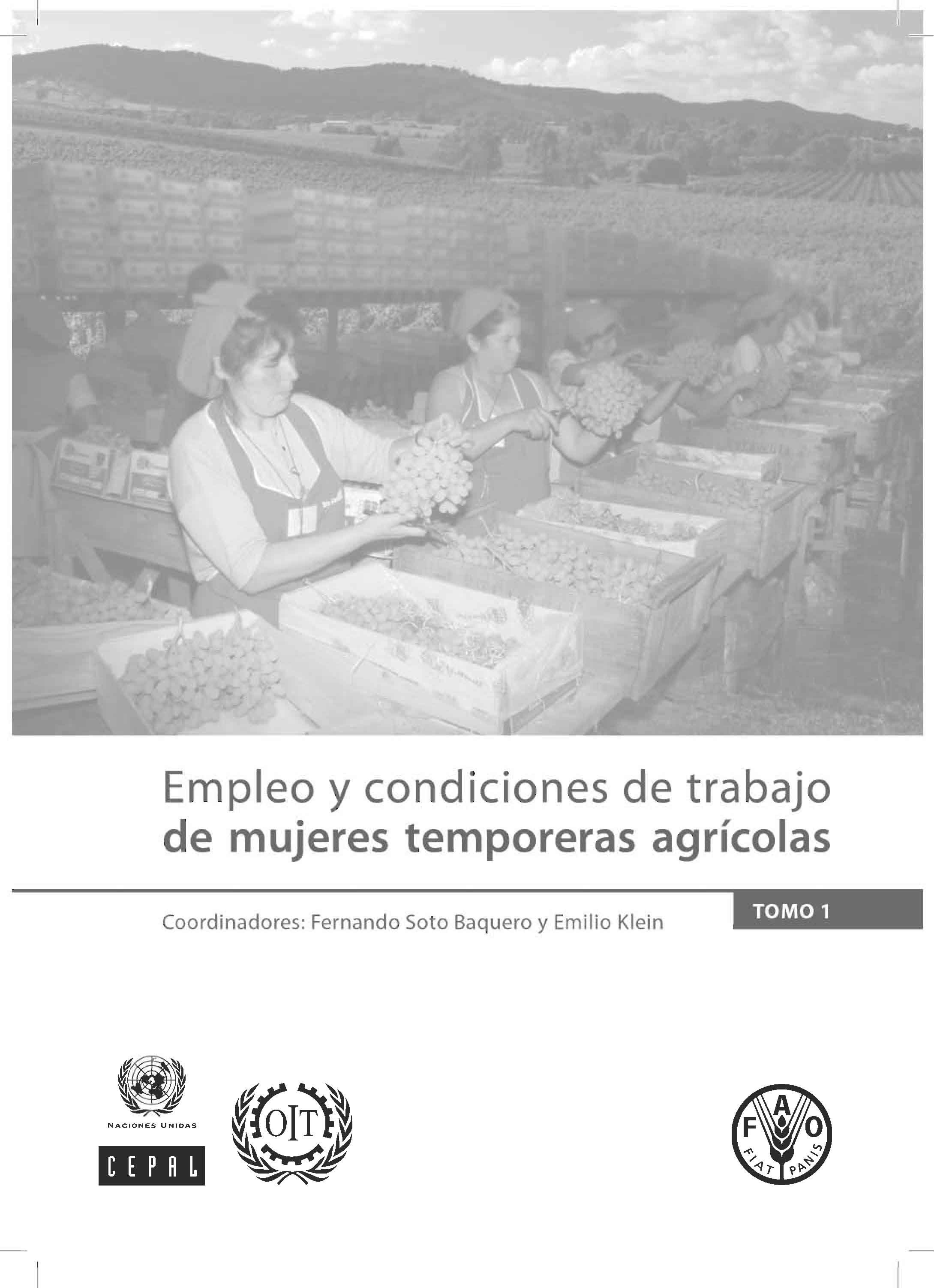Social captial, legal institutions, and property rights: Overview
The previous sections have highlighted the importance of assets as a determinant of bargaining power within marriage. Both formal and informal institutions underlie asset accumulation and provide the basis for property rights. When women face social and legal restrictions in acquiring certain forms of assets, such as land, they may resort to accumulating other “assets” and investing in other forms of capital.












